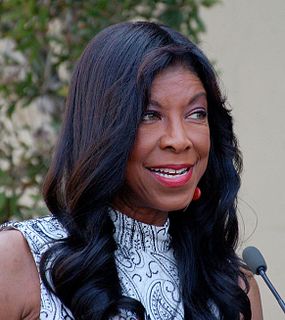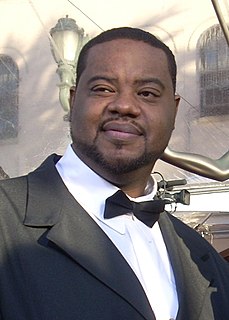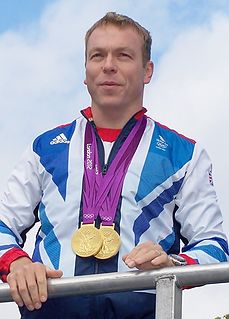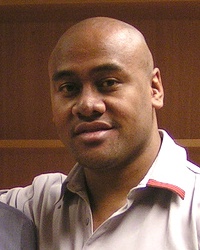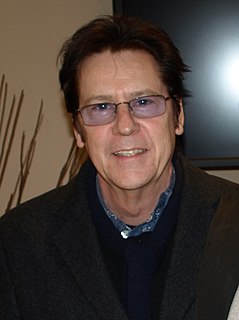A Quote by Jessica Alba
I had severe asthma and kidney problems and would get 105-degree fevers. I actually almost had to go on dialysis for my kidneys. I was also in the hospital for pneumonia.
Related Quotes
Nick swore he'd die with this boots on, on some exotic safari, but he found his Kilimanjaro in a hospital on Earth, where they'd cured everything that was bothering him, except for the galloping pneumonia he'd picked up in the hospital. That had been, roughly, two hundred and fifty years ago. I'd been a pallbearer.
There is a risk of death associated with donating a piece of liver. It's about one in 500 for the risk of death. The risk of death of donating a kidney is about one in 3000, so this is a riskier operation than donating a kidney. The stakes are usually higher for the recipient of the transplant because unlike kidney failure, where you have a dialysis machine, in liver failure we don't have that kind of machine that allows a patient to survive until they can get a cadaver organ.


